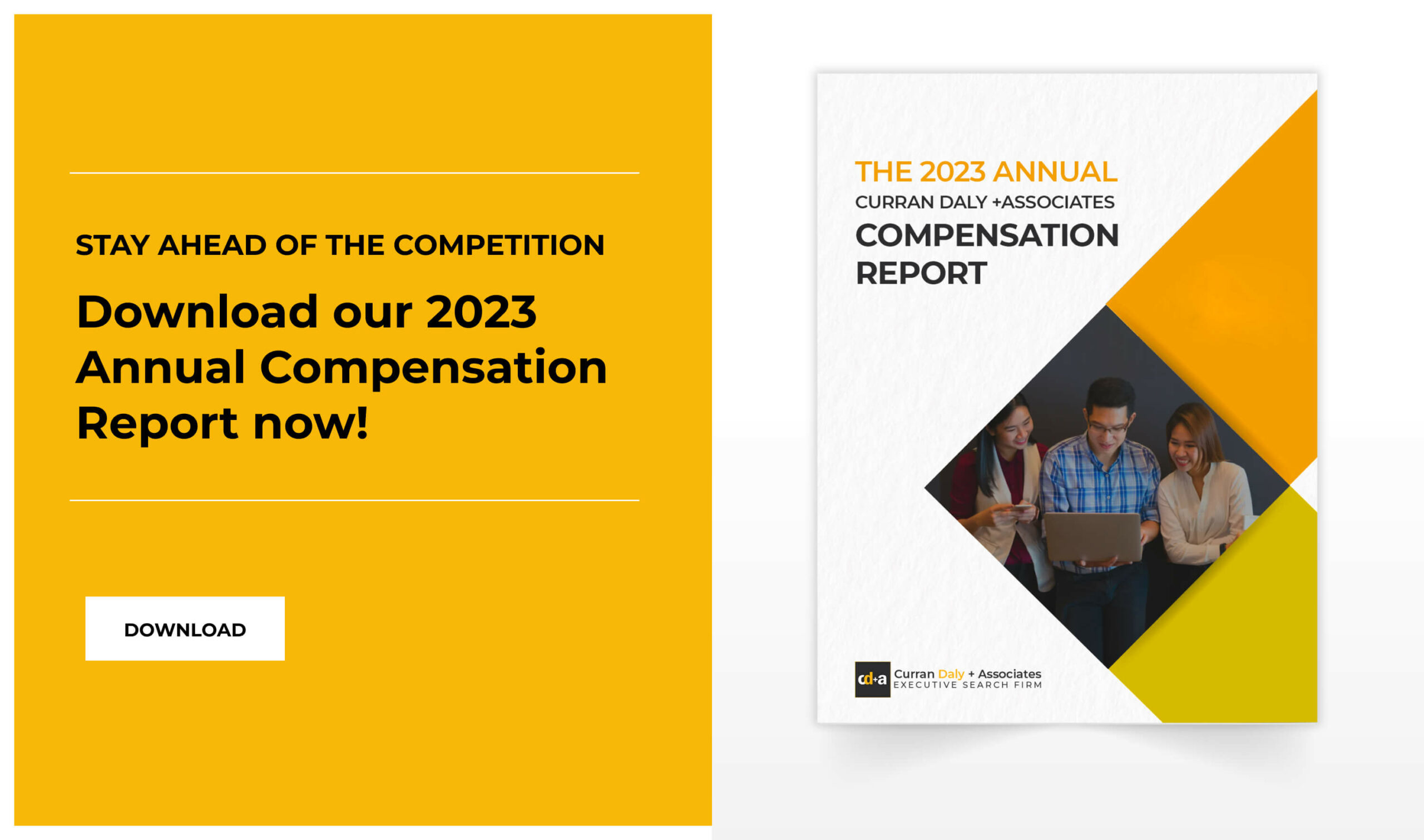Recruitment process outsourcing, also known as RPO, is a relatively young industry. According to Recruitment Process Outsourcing Association (Reilly, 2013), it has only been around for fifteen years and despite it being new, RPO has now become one of Human Resources Outsourcing industry’s fastest evolving section(Acatalent, 2018).
The Staffing Stream(Maxwell, 2014) reports that RPO has grown close to a 2-billion-dollar industry – not surprising considering how globalization pushed for economic boom and rapidly introduced new recruiting tools.
Thanks to globalization, a diverse generation of businesses has emerged, resulting in a more intricate market.
These businesses are constantly searching for great talents. But this search can take away profits and contribute to costs which is what companies are trying to avoid. Especially now that companies have put more emphasis on increasing operational profits and lowering fixed costs(Reilly, 2014) particularly in recruitment costs.
As an HR or an executive for your company, you are invested in growing the company’s pool of human resources and turning them into a competitive advantage and having to do so with the most profit possible and least expenses made. With these goals in mind, businesses partner with RPO providers because they can help find the right hires that can boost the productivity of your company, the best ones can cost you significantly less time and money.
If you are interested in learning more about the advantages that Recruitment Process Outsourcing can provide and disadvantages that come with it, then you’re in the right place.
What is Recruitment Process Outsourcing and how does it work?
Recruitment Process Outsourcing Association (Reilly, 2013) defined RPO as “…a form of business process outsourcing (BPO) where an employer transfers all or part of its recruitment processes to an external provider.”
The definition is fairly simple: RPO is basically an industry that involves an “external provider” providing recruitment services for an “employer” which is the partner company.
Sometimes a company is in need of key talents for a project, or a company has had to relocate and needs re-staffing. Situations like these wherein there are urgent needs for multiple great hires are ideal for RPO (Michael Page, 2018).
One important thing about RPO solutions that sets it aside from normal recruiting is that it is customizable. The services that it provides can be catered to what the company needs.
Depending on how the companies want to be involved in the hiring process, they can choose to give all the recruiting decisions to the RPO provider, or they can incorporate the companies’ existing HR management with that of the RPO provider’s techniques and methodologies. It can also be that the RPO provider outsources with a partner company for a project-based work.
For agreements wherein RPO providers take over the entire hiring process, this may involve right from the assessment of requirements, building and promoting the company’s brand, sourcing candidates down to interviewing candidates. Take the following situation for example:
A facial skin care brand planning on diversifying their business by starting a microchip company may benefit by partnering with an RPO that specializes in technology. Since it is a completely different industry, the company may leave all the recruitment decisions to the RPO provider.
As for project-based and integrated models of outsourcing, these work well for companies that already have well-established HR team but are not well equipped in handling multiple hires. RPO providers may provide a group of recruiters who will act as an extension of the company’s HR team.
For example, a toy company planning on expanding their infrastructure may work together with an RPO specializing in construction. The RPO can outsource engineers, architects, and construction workers. This partnership only lasts until all of the infrastructures are complete.
In most cases, RPO providers give specific services such as candidate research, third-party vendor management, tracking, reporting and audits of recruitment, process mapping, and technology consulting (Reilly, 2013).
If the hiring gave favorable results, and the candidate did not end up to be a mis-hire, RPO providers can add it to their list of achievements since they lay claim to the recruitment design and management during the entire recruitment process.
Now that you know what RPO is, and its basic services, we can move on to discussing the advantages it can offer your company.
Advantages of RPO
Why should you partner with an RPO provider?
“When companies choose to outsource their HR services, they create opportunities to focus more intently on issues that matter to employees”, says Cheryl Cooper Perez (Big HR, 2017), President and Director of Sales at Benefit Innovations Group.
- Reduce Dollar Costs
If a company has failed to communicate policy changes with their employees, it may lead to fines and penalties, or if the company’s competitor has been acquiring new hires by the use of a cutting-edge technology, it could mean a competitive advantage for them over you.
Since RPO providers specialize in HR, they are constantly up to date with the changes in strategies, policies, and technologies that help in boosting the HR department of different industries. This specialization makes outsourcing a cost-efficient strategy.
Another contributing factor on why you should outsource your recruitment process is how much you can save on salaries. According to BigHr, an HR professional earns 80,000 dollars in a year but partnering with an RPO to handle your HR paperwork and administrative duties get the job done just as well for less than half of the cost.
Recruitment, training, and advertising costs are also some of the expenses involved when hiring. These require people who are going to perform specific functions and their salaries have to be paid. But unnecessary expenses such as employing excess staff in the HR team can be avoided by partnering with an RPO provider.
You can also save on software costs. Depending on the services you agreed on, they can manage the employee’s time, attendance, training, education, benefits, disciplinary actions, and even payrolls.
Software can be expensive and administrative duties such as paying benefits and distributing payrolls are time-consuming. But by outsourcing these functions, you save time and money.
- Save Time
The longer the time a position remains vacant, the bigger the losses a company may suffer. The company’s performance is put at risk. On average, the hiring process in the UK takes 27.59 days, it was reported that 54% of businesses have failed to acquire a qualified candidate because their hiring process took too long.
Most RPO providers however, have a set time schedule, starting from accepting the search, all the way to the day of hiring. They value their time and yours, the faster they find a good candidate for your company, the faster they can move on to another client.
Outsourcing allows companies to proceed with business operations as usual. The company may not have to waste time on finding new hires, having passed on this responsibility to the RPO provider. They can focus their attention on other urgent tasks.
Time saved can be used to improve the quality of products and services your company provides, which in turn can lead to greater customers’ satisfaction. It can cause a domino effect and result in higher revenue.
- Stronger Quality of Hire
We mentioned earlier that RPO providers specialize in HR. They make it their business to identify, screen, and recruit the best candidates to the partner company. Jobvite reported that 65% of employers believe a shortage of talent is the biggest hurdle when it comes to hiring.
This only proves that companies can be very picky. They want great talent but the challenging part is where to find them. RPO providers can point you in the right direction because they have rich databases that they are ready to whip out on command to find you candidates who have to go through intensive screening before being presented to you.
- Scalability
We briefly touched on the topic of different models of RPO. It may be in a form wherein the RPO provider calls all the shots when it comes to recruitment decisions, or an integration of the RPO provider’s methodologies with the company’s already existing HR department or a project based outsource.
This ability for customization is one of the advantages of RPO. It can be modified to address the needs of the client.
Disadvantages of RPO
However, it is not always guaranteed that you can have a positive experience in RPO. There are risks involved, and it is always better to know about these risks so you can avoid them.
- Feeling of detachment
Outsourced employees may not be as invested in the company as much as the regular employees because they feel detached from the company, they are not as inclined to work hard, or not really interested in learning more about their duties and the company’s background.
This unenthusiastic attitude may disrupt the performance of the other employees. They can influence others to feel the same. Or worse, they may cost you loyal customers because of their lack of knowledge in certain administrative areas.
A coffee shop with an outsourced employee manning the counter can be asked by customers for menu recommendations. But if the employee knows nothing about which coffee or tea the shop serves, the customer can be put off with this ignorance and never come back.
- Loss of Jobs Outcry
We mentioned earlier how HR duties can be passed on to RPO providers. This drastic overhaul of an entire department leads to loss of jobs. The company may save on money but there are employees who are going to be unemployed.
Outcries may rise, and in situations like this, it is crucial to exercise humility and understanding. Giving calloused responses can only provoke the public, resulting in boycotting your products and services. Social media has been used for this purpose several times already.
- Language Barrier
An outsourced employee may be coming from a foreign country and has difficulty speaking the local language. That employee could be the best doctor in Ghana but upon reaching the United States, he can still become a liability if he is not able to communicate well with his colleagues. He cannot have a proper accounting of the patient’s medical history and may end up with a faulty diagnosis.
The good news is, these risks can be avoided. Make sure you assess what exactly are the needs of your company. Also, ask for Requests Proposals to make sure you have a clear understanding of their vision for your brand.
Key Takeaway
RPO providers give companies a way to save on costs and increase profits. They make it easier for companies, small or big, to handle HR duties, such as recruiting, payrolls and legal processes, enabling these companies to focus on core business.
However, making the decision to outsource can not be taken lightly. The advantages are tempting, but RPO is not a magical solution to all recruitment woes. Active participation in improving the company’s recruitment processes is still needed for the company to head for development.
After reading about RPO, its advantages with it, and accompanying risks, are you ready to outsource all or part of your recruitment activities?
Sources:
Reilly, A. (2013). What is Recruitment Process Outsourcing (RPO)?. [online] Blog.rpoassociation.org. Available at: https://blog.rpoassociation.org/blog/bid/266335/what-is-recruitment-process-outsourcing-rpo [Accessed 26 Jul. 2018].
Acatalent.com. (2018). What is RPO? | Learn About Recruitment Process Outsourcing. [online] Available at https://acatalent.com/recruitment-process-outsourcing/what-is-rpo/ [Accessed 26 Jul. 2018].
Maxwell, L. (2014). Recruitment Is Lucrative: Just Ask IBM, ADP & Korn/Ferry. [online] The Staffing Stream. Available at: http://www.thestaffingstream.com/2014/08/11/recruitment-is-lucrative-just-ask-ibm-adp-kornferry/ [Accessed 26 Jul. 2018].
Reilly, A. (2014). Recruitment Process Outsourcing in Its Infancy (Part 1 of 3). [online] Blog.rpoassociation.org. Available at: https://blog.rpoassociation.org/blog/bid/336327/recruitment-process-outsourcing-in-its-infancy-part-1-of-3 [Accessed 27 Jul. 2018].
Page, M. (2018). What is outsourcing recruitment? | Michael Page. [online] Michael Page. Available at: https://www.michaelpage.co.uk/advice/management-advice/attraction-and-recruitment/what-outsourcing-recruitment [Accessed 27 Jul. 2018].
BIG-HR | An Ohio HR Consulting & Outsourcing Company. (2018). Save Time & Money: A look at the advantages of outsourcing your HR services | BIG-HR | An Ohio HR Consulting & Outsourcing Company. [online] Available at: https://www.bighrsolutions.com/single-post/2017/09/16/Save-Time-Money-by-Outsourcing-HR [Accessed 27 Jul. 2018].
ResourceBank. (2017). Top 5 ways Recruitment Process Outsourcing (RPO) can help your business. [online] Available at: https://www.resourcebank.co.uk/news/2017/12/top-5-ways-recruitment-process-outsourcing-rpo-can-help-busines









0 Comments